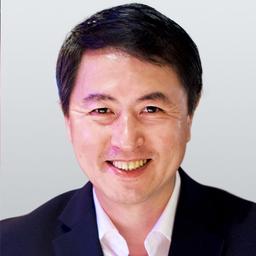These days, many Washington policymakers, U.S. corporations, Wall Street investors, and some international financial institutions have put aside their rational thinking and, once again, succumbed to wishful thinking. All that is needed, they say, is a U.S.–China trade agreement to smooth the jittery stock market and halt the decline in the global economy.
They overlook the simple fact that Beijing has never honored its promises in the past.





